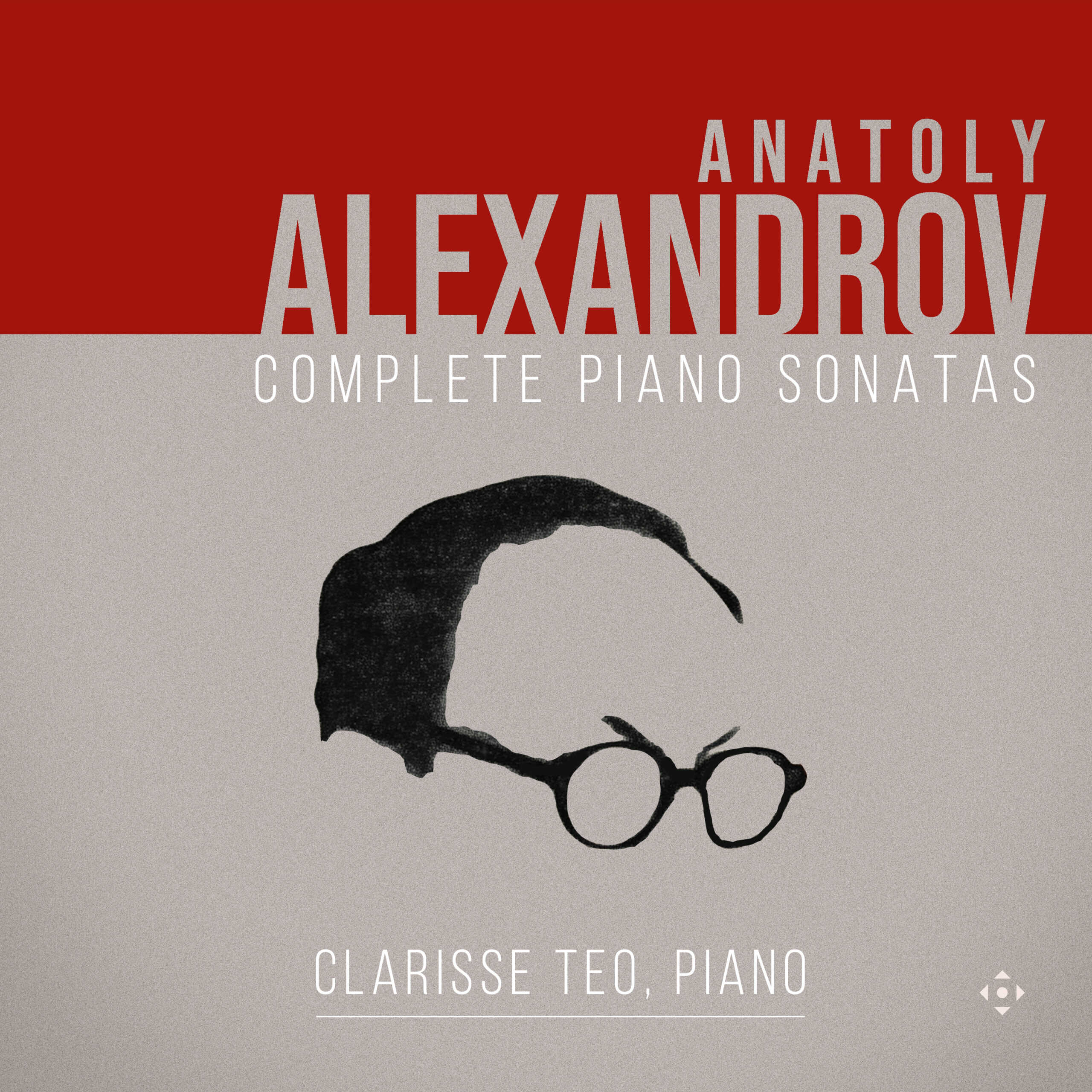Classical Music Daily
I had never heard of Anatoly Alexandrov (1888-1982) before, but I had heard Clarisse Teo before, so my interest was raised when I heard of this new release, which is the first of the complete sonatas of Anatoly Alexandrov, comprising fourteen sonatas in all, written over much of the composer’s productive life. I don’t really understand why this important composer of the Soviet Union would fall so dramatically into obscurity. Perhaps it was because he was a Soviet composer? In any case, he is quite a remarkable composer, particularly of piano music, because this was his chosen instrument and he was an acclaimed performer.
Alexandrov studied with Nikolai Zhilyayev, Sergei Taneyev and Sergei Vasilenko (theory), Alexander Ilyinsky (composition) and Konstantin Igumnov (pianoforte) and later went on to teach at the Moscow Conservatory, and taught Aram Khachaturian and Samuil Feinberg, amongst others. He had a somewhat retiring personality and preferred to live a quiet life.
As well as being a very fine pianist, Singaporean Clarisse Teo also plays violin and viola and has invested much time and effort to write very comprehensive notes about the composer and each of the piano sonatas she presents over three CDs. This is laudable indeed, and shows what high regard she has for this composer.
As I said, the recordings are presented on three CDs and they appear in numerical order. The composer, though, tended to revise works, so some of the earlier ones appear in later versions.
The first three sonatas are in one-movement, the fourth is in three movements, as are most of the remaining sonatas, with the exception of No 5 (with the second movement being a theme and variations), and the final sonata, both of which are in two movements.
Alexandrov’s main early influences were probably Rachmaninov, Scriabin and perhaps Nikolai Medtner, but his style did evolve and his student Samuil Feinberg also became a major influence. The early sonatas seem to owe much to Scriabin, those in his middle period would be harder to categorise – perhaps Medtner would be more of an influence – but he was a composer who charted his own course and while each sonata is consigned a key, and the music is quite tonal, chromaticism is also an important aspect of his music too.
I regard this as a very important release of a fine and sadly neglected composer. His piano music is very listenable, fresh sounding, and often impressively virtuosic, yet never in a cheap flashy sense, and three of the sonatas – 7, 9 and 12 – are recorded here for the very first time. Technically and musically, Clarisse Teo is certainly up to the demands of the music, the recording quality warm but clear, and if you are a lover of piano music, particularly of Eastern European composers, you are going to enjoy this release.
@divineartrecordingsgroup
A First Inversion Company
Registered Office:
176-178 Pontefract Road, Cudworth, Barnsley S72 8BE
+44 1226 596703
Fort Worth, TX 76110
+1.682.233.4978












